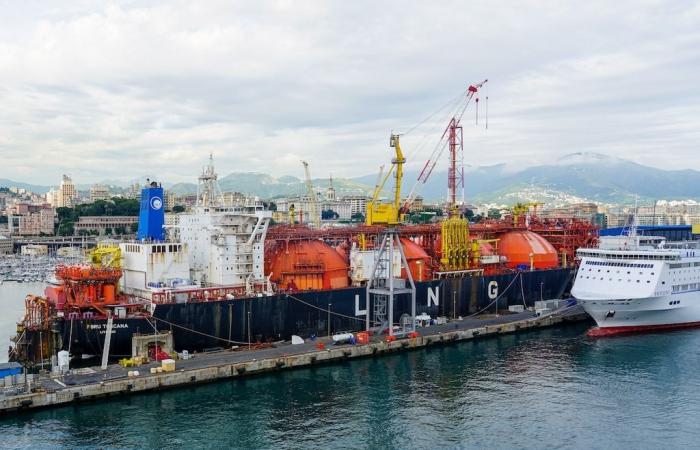Faced with an unprecedented energy crisis, this southern European country is stepping up initiatives to guarantee its energy future. Between diversification of sources and strengthening of partnerships, a strategy seems to be clearly emerging. But what role does Algeria play in this?
Algeria, a strengthened strategic partner
Since the start of the war in Ukraine in February 2022, the European energy landscape has been turned upside down. Italy, once largely dependent on Russian gas, has been forced to rethink its priorities. The suspension of deliveries via Ukraine caused a surge in prices, reaching €50 per megawatt hour, and a massive reorganization of supplies.
For Rome, the objective is clear: secure its energy supply while limiting the impact on its economy.
Since 2022, Algeria has established itself as Italy’s main supplier of natural gas, covering more than a third of the country’s needs via the Transmed gas pipeline. This historic relationship is intensifying as Italy diversifies its sources by also turning to Algerian liquefied natural gas (LNG).
With 22.4 billion cubic meters of gas exported to Italy in 2022, Algeria plays a key role in this transition. Sonatrach, the Algerian national company, could see its exports grow even further thanks to short-term contracts. According to the Italian newspaper The PressItaly plans to purchase an additional 5 billion cubic meters of gas through these short-term contracts on the spot market.
Infrastructure adapted to new needs
To absorb these new flows, Italy has invested massively in its regasification infrastructure, with installations in Piombino and Ravenna. These efforts aim to increase reception capacity and store LNG. This pragmatic approach makes it possible to respond to price volatility and competition from producers such as the United States or Qatar.
In parallel, negotiations are underway to diversify sources, with active talks with Washington and other producing countries. However, Algeria maintains a strategic advantage thanks to its geographical proximity and competitive delivery costs.
Despite encouraging prospects, Algeria must manage a complex tax reform, while Italy must deal with international geopolitical dynamics, notably the re-election of Donald Trump, who will be inaugurated 47th President of the United States on January 20, 2025. and its commercial implications.
Rome does not lose sight of its long-term objective: guarantee energy stability and reduce its dependence on market fluctuations. The coming months will be decisive in making these ambitions a reality.
A reaction? Leave a comment
Did you like this article? Subscribe to our free newsletter for engaging articles, exclusive content and the latest news.






